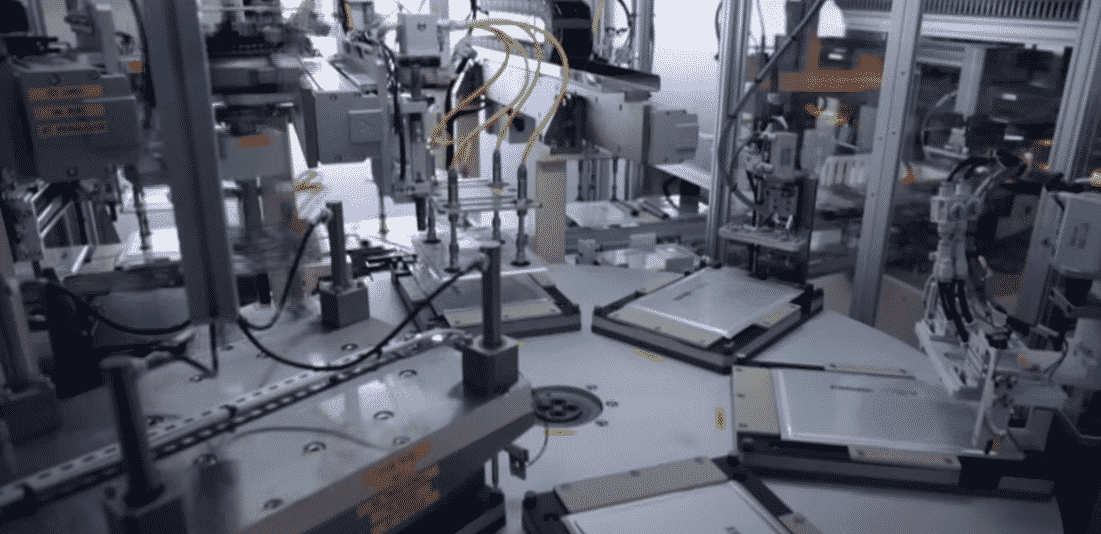Editor’s Note: This piece first appeared in Real Clear Politics on March 31, 2021.

By Rick Manning
President Joe Biden has the power to overturn the recent U.S. International Trade Commission (USITC) decision in a trade dispute involving the importation and sale of certain lithium-ion batteries, battery cells, battery modules, and battery packs, which would do significant damage to United States interests in growing a domestic battery manufacturing capacity — and he should exercise it in order to protect American jobs that are now at stake.
SK Innovation, a South Korean company, is building a vehicle battery manufacturing plant in the state of Georgia which would employ 2,600 Georgians by the beginning of 2024 as they manufacture specially designed electric batteries for the new Ford EV F-150 truck and the Volkswagen’s Chattanooga, Tennessee electric vehicle manufacturing plant.
Unfortunately, the USITC’s decision effectively destroys this promise, creating inevitable delays in the ability to meet President Biden’s stated goals for domestic EV production.
While the decision purports to allow for a limited transition period for SK Innovation to meet the needs of its clients, the ITC has otherwise banned SK from importing critical components for its batteries for 10 years. It is absurd on its face to assume that any company would continue building and staffing for a massive U.S. manufacturing facility when it will be so drastically limited in its operations, and will effectively be closed before it can even be brought to full capacity.
What’s more, given the unique nature of the SK Innovation batteries, which are designed specifically for each automaker, it is not feasible to transfer production to another domestic or foreign battery manufacturer and still meet the automakers’ production schedule.
I don’t agree with the Biden administration’s underlying rationale behind the push for electric vehicles. However, the business decision made by Ford and Volkswagen to continue their aggressive expansion into this market should not be delayed for years due to what effectively amounts to a trade dispute between two South Korean competitors. Additionally, experts have pointed out that limiting production of these batteries here in the US will create an even greater opportunity for the Chinese to continue dominating electric battery production and leave the US behind.
Another concern is that LG, the complainant in the USITC suit, through one of its units in South Korea (LG Uplus) uses Huawei as a vendor for its 5G network technology. This has raised major concerns as the US has worked to encourage nations across the world to join the clean network initiative and not use Huawei technology in 5G infrastructure. South Korea has not joined that effort and as a result LG is the only mobile carrier in South Korea to use Huawei.
Given the recent experience in Anchorage, where the Chinese government demonstrated public contempt for America and our representatives, it would be significant for the administration to put new weight into the Clean Network Initiative as a whole. Striking down the USITC decision in this case would send a powerful, proportional message in that regard.
President Biden has a unique opportunity to stand up for American manufacturing and the jobs it will create, while demonstrating strong leadership in our nation’s relationship to China. To make the most of it, Biden should reject this USITC decision.
Rick Manning is the President of Americans for Limited Government.






